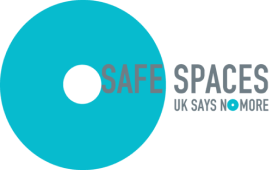Trauma & loss
Each individual will deal differently with a bereavement or the loss of a relationship or a job and it’s rarely helpful to compare yourself with others or try to rush the grieving process by burying your feelings or avoiding them.
- Try not to bottle things up; there is really good evidence that for most people avoiding talking about a traumatic event will make coming to terms with it more difficult. Put simply, avoid avoidance
- Talk about what you are going through. If you aren’t able to talk to your friends and family, you might want to contact the Charity Cruse Bereavement Care or your GP. If symptoms are not getting better after three to six months then you should seek a professional’s view on what may help you
- Spending time with people you love, particularly children, can help you to feel greater acceptance of the cycle of life and more optimistic about the future
- Research suggests that maintaining bonds with someone who has died is healthy. Visits to their graveside or planting a tree or plant in memory of the person can provide a place you can associate with them. Where you can, refer to the deceased person by name
- It’s generally better not to make any major changes to your life shortly after a bereavement. If you can give yourself time to grieve and concentrate on taking care of yourself before you make big decisions like selling your home, you are more likely to make a choice that will be right for you in the long term
Although Vetlife Helpline doesn’t provide bereavement counselling, it is available at any hour of the day to offer a friendly listening service to anyone in the profession who is going through the bereavement process and can signpost callers to professional bereavement counselling services if required.
Vetlife Health Support also offers free and confidential advice and treatment from a mental health professional for anyone who suffers from depression while going through the bereavement process. The service also supports the family, friends and colleagues of anyone in the veterinary profession who loses their life to suicide. See also Post-Suicide Support



